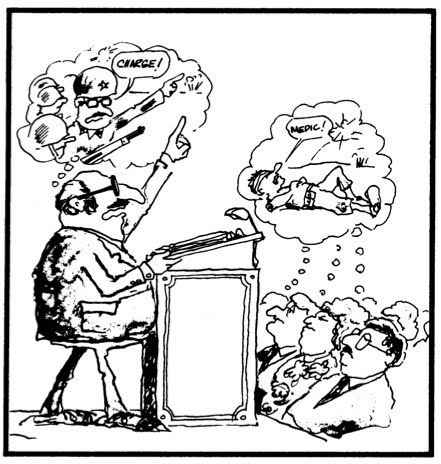This is part 4 of a 4 part series. Parts 1 – 3 are here, here, and here. This was composed in response to a request from a young man hoping some day to be a pastor.
————————
I have two final recommendations regarding your pastoral library. First, start early keeping an electronic record of all your books. If you start early, it is not a foreboding task. Then each time you buy a new book, you can add it to your record. You don’t want to start this once your library reaches 500 volumes!
Why would you do this? Insurance. If the place where you books are kept burns to the ground, you need to produce a record for the insurance company. At least this is what I’ve been told. I keep my record in a simple spreadsheet on my computer, and store it online as well. A snapshot of a portion of that is below. It could cost upwards of $20,000 or more to replace the contents of a mature library. Keeping a record is a small step of protection.

Secondly, resist, resist, resist the temptation to lend your books to others. I know that you are kind and nice and want to be helpful. But in my experience, two things happen when you lend your books. 1) They never come back. 2) As soon as you lend out that book that you’ve not needed for two years, suddenly, in THIS week’s sermon preparation, you remember something in that very book that would be helpful. And you don’t have it.
Books are your tools. You need to have them handy.
* * * * *
My pastoral library is in the vicinity of 1100 volumes right now, though it could stand to be pruned a bit. How many volumes you have may simply be a product of the space and resources you have available.
One day my brother, who is not a pastor, and has a cynical bent about him, walked into my study and harumphed at my books, saying, “So, have you read all these?” “Some,” I carefully replied, “I’ve read twice.”
He seemed satisfied with that true, but slightly disingenuous, answer.

